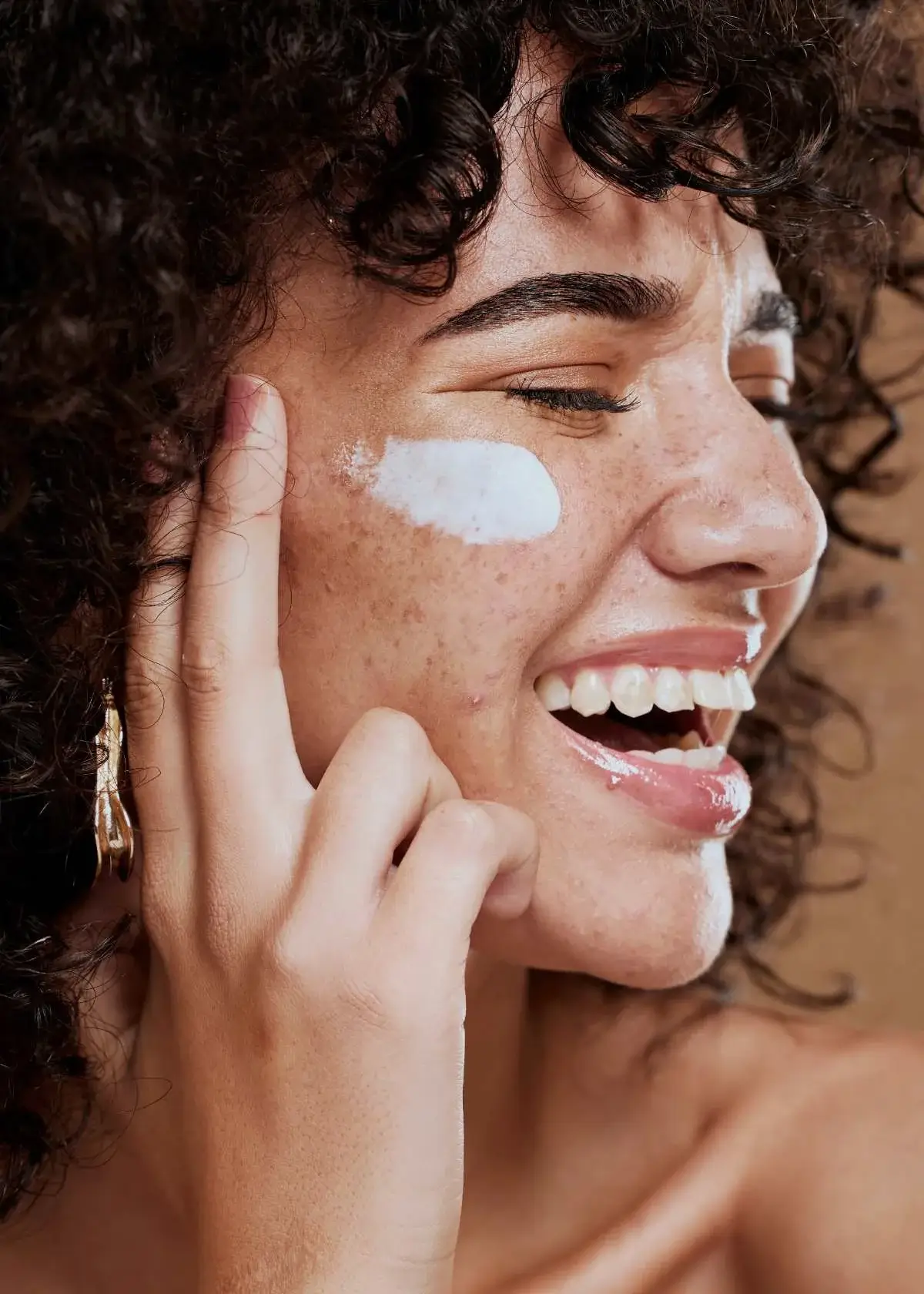Sunscreen is an essential part of any skincare routine, especially for those with acne-prone skin. It not only protects your skin from the harmful effects of the sun's UV rays but also helps prevent further damage and inflammation caused by sun exposure. However, finding the right sunscreen for acne-prone skin can be a daunting task.
Individuals with acne-prone skin often face unique challenges when it comes to choosing the right sunscreen. Some sunscreens can clog pores, leading to breakouts, while others may contain ingredients that irritate sensitive skin or cause allergic reactions. Moreover, the greasy or oily texture of certain sunscreens can exacerbate existing acne and make it even more difficult to manage.
That's where our buyer's guide comes in. Our aim is to help you navigate through the sea of sunscreen options and find the perfect product that suits your specific needs. This guide will provide you with valuable information on what to look for, what to avoid, and how to make an informed decision when it comes to selecting the best sunscreen for your acne-prone skin. So, let's dive in and explore the world of sun protection for acne-prone individuals!
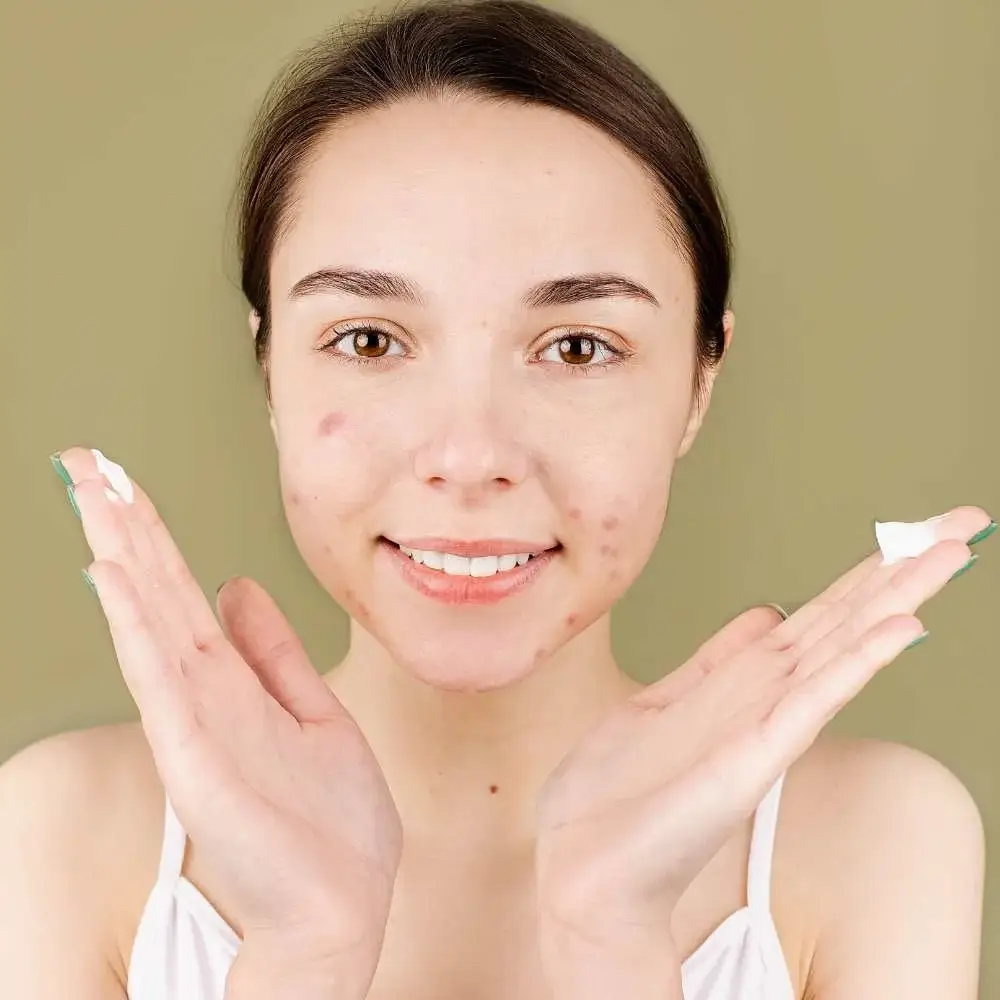
Understanding Acne-Prone Skin and Sunscreen
Acne-prone skin is characterized by excess oil production, which leads to clogged pores and the formation of pimples, blackheads, and whiteheads. This type of skin is often sensitive and easily irritated by harsh ingredients or products, making it even more challenging to find suitable skincare solutions.
Choosing the right sunscreen for acne-prone skin is crucial because the wrong product can worsen existing acne, cause new breakouts, or exacerbate skin inflammation. A suitable sunscreen not only protects your skin from harmful UV rays but also helps in reducing redness and inflammation associated with acne.
Here are some key factors to consider when selecting a sunscreen for acne-prone skin:
- Non-comedogenic: Look for sunscreens labeled as non-comedogenic, meaning they won't clog your pores and contribute to breakouts.
- Broad-spectrum protection: Ensure that your sunscreen offers broad-spectrum protection, shielding your skin from both UVA and UVB rays. UVA rays can penetrate deeper into the skin, causing premature aging, while UVB rays are responsible for sunburns and skin cancer.
- Oil-free formula: Opt for an oil-free sunscreen to avoid adding extra oil to your already oily skin. Water-based or gel-based sunscreens are usually lightweight and less likely to cause breakouts.
- SPF rating: Dermatologists recommend using sunscreen with an SPF of at least 30 for adequate protection. However, if you have fair skin or spend a lot of time outdoors, consider using a higher SPF.
- Sensitive skin-friendly ingredients: Avoid sunscreens with harsh chemicals, fragrances, or alcohol, as these can irritate sensitive acne-prone skin. Instead, look for products containing soothing and calming ingredients such as niacinamide, zinc oxide, or aloe vera.
- Matte finish: Sunscreens with a matte finish can help control excess shine and give your skin a smoother appearance.
By keeping these factors in mind, you can make a well-informed decision and find a sunscreen that not only offers adequate sun protection but also supports your acne-prone skin's unique needs.
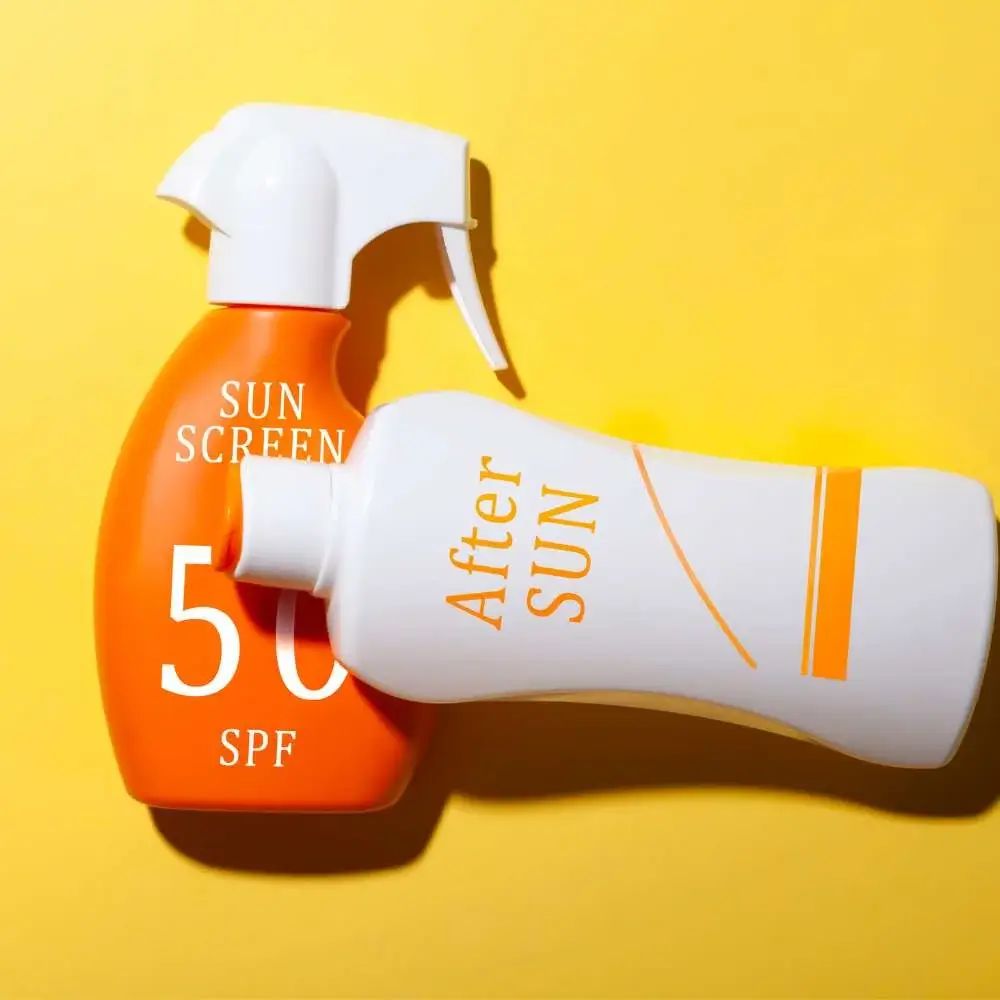
What to Look for in a Sunscreen for Acne-Prone Skin
When searching for the perfect sunscreen for acne-prone skin, it's essential to consider certain features and ingredients that cater to your skin's unique needs. Here are the key aspects you should look for in sunscreen:
- SPF rating: SPF (Sun Protection Factor) measures the level of protection a sunscreen offers against UVB rays, which cause sunburns and contribute to skin cancer. Dermatologists recommend using sunscreen with an SPF of at least 30, but if you have fair skin or spend extended periods outdoors, opt for a higher SPF.
- Broad-spectrum protection: A broad-spectrum sunscreen protects your skin from both UVA and UVB rays, ensuring comprehensive protection. UVA rays penetrate deeper into the skin, causing premature aging, while UVB rays are responsible for sunburns and skin cancer.
- Non-comedogenic formula: Non-comedogenic sunscreens won't clog your pores and contribute to breakouts. These formulations are specifically designed to prevent acne flare-ups and are ideal for acne-prone skin.
- Lightweight texture: A lightweight, fast-absorbing sunscreen is more comfortable to wear and less likely to leave a greasy residue on acne-prone skin. Gel-based or water-based sunscreens are excellent options for a lightweight feel.
- Oil-free formula: Oil-free sunscreens help avoid adding extra oil to your already oily skin, reducing the likelihood of breakouts. Look for oil-free labels on sunscreen packaging to ensure compatibility with acne-prone skin.
- Fragrance-free: Fragrances can irritate sensitive skin and exacerbate acne. Opt for fragrance-free sunscreens to minimize the risk of irritation and inflammation.
- Sensitive skin-friendly ingredients: Choose sunscreens containing soothing and calming ingredients such as zinc oxide, niacinamide, or aloe vera. These ingredients can help reduce redness and inflammation associated with acne.
- Matte finish: Sunscreens with a matte finish can help control excess shine and give your skin a smoother appearance. This is particularly helpful for individuals with oily, acne-prone skin who want to avoid a greasy look.
By considering these essential features and ingredients, you can find a sunscreen that not only provides adequate sun protection but also supports the unique needs of your acne-prone skin.
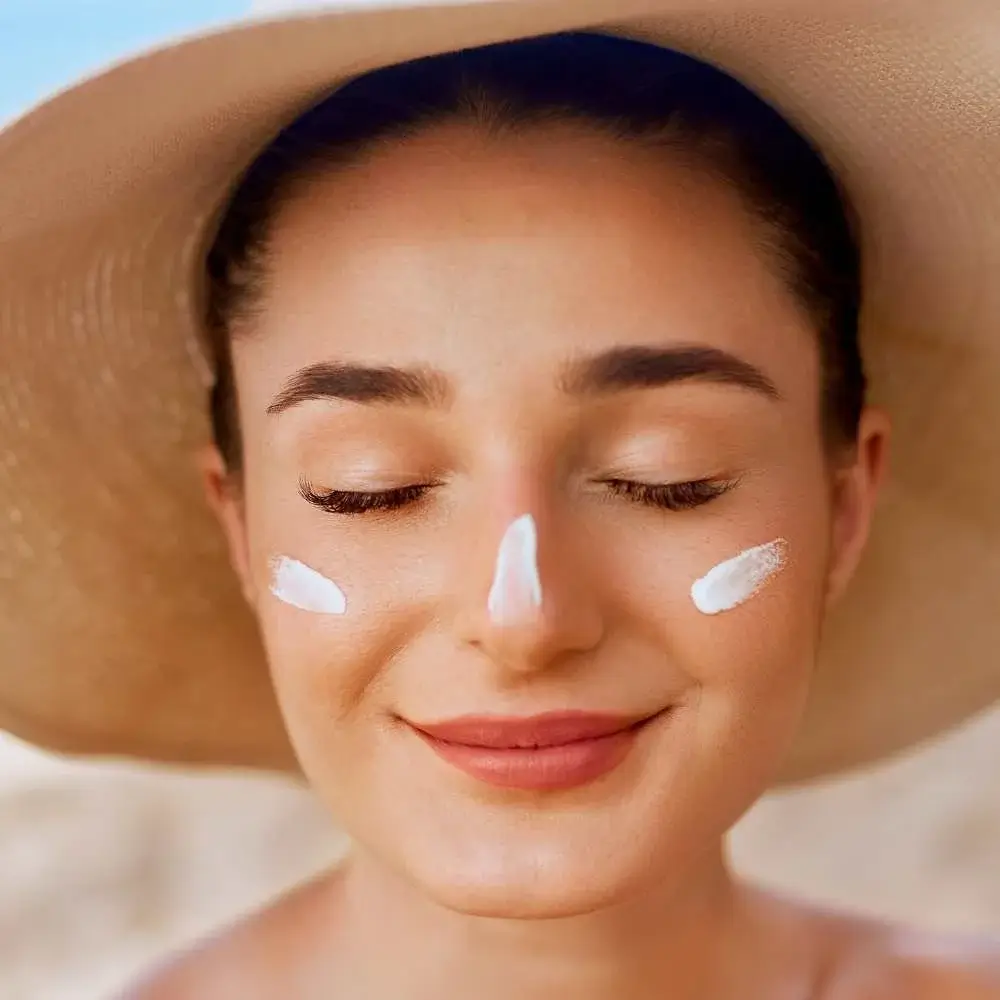
Our List of the Top Products in this Category
- CeraVe Tinted Sunscreen with SPF 30
- Julep No Excuses SPF 40 Clear Facial Sunscreen Broad-Spectrum
- Supergoop! Unseen Sunscreen
Common Sunscreen Myths for Acne-Prone Skin
There are several misconceptions related to sunscreen use and acne-prone skin that may discourage individuals from using sun protection. Let's debunk some of these popular myths and provide evidence-based information to reassure you about the benefits of sunscreen for acne-prone skin.
Myth 1: Sunscreen clogs pores and causes breakouts
While it's true that some sunscreens can clog pores and contribute to breakouts, this is not the case for all formulations. Non-comedogenic sunscreens are specifically designed to prevent pore-clogging and are ideal for acne-prone skin. By choosing a non-comedogenic, oil-free, and lightweight sunscreen, you can minimize the risk of breakouts.
Myth 2: Sun exposure helps clear acne
Some people believe that sun exposure can help clear acne by drying out the skin. However, this is a dangerous misconception. While limited sun exposure might temporarily improve the appearance of acne, it can also lead to long-term damage, including premature aging, sunburns, and an increased risk of skin cancer. Moreover, excessive sun exposure can cause your skin to produce more oil, potentially worsening acne in the long run.
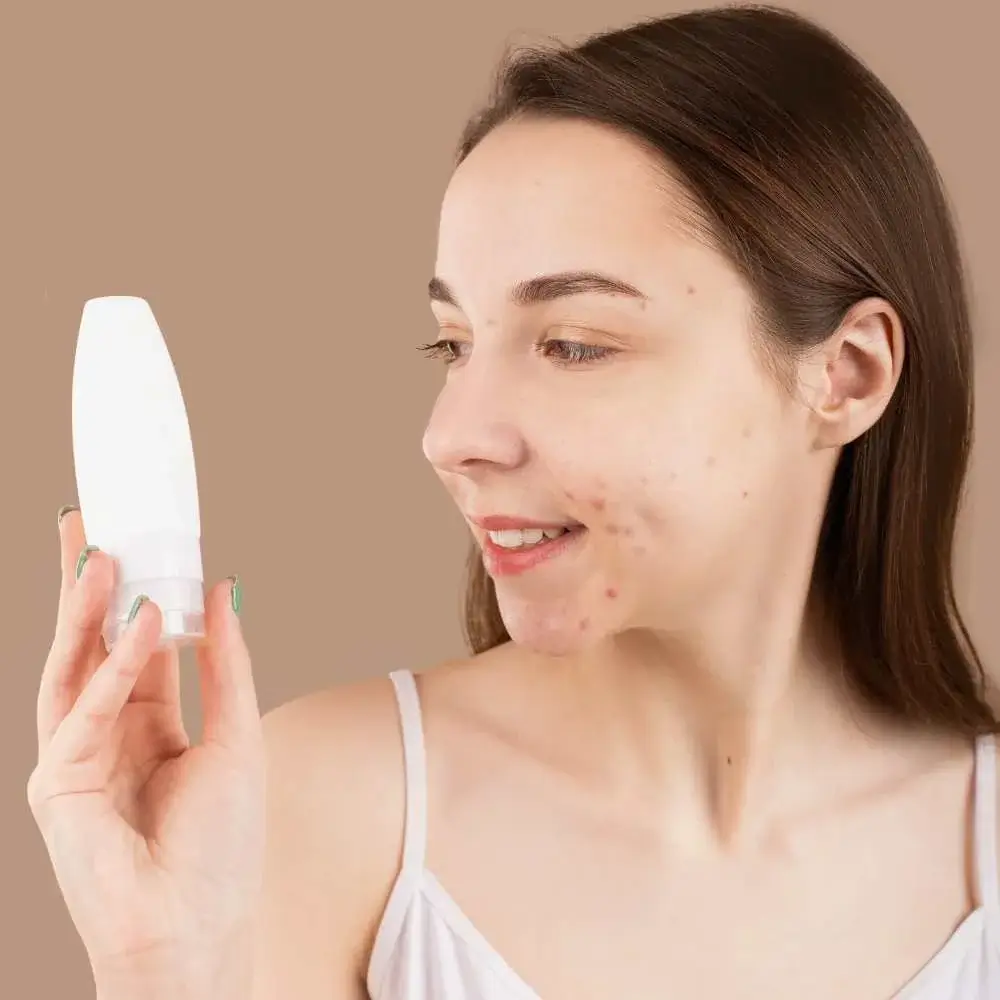
Myth 3: People with acne-prone skin don't need sunscreen
Everyone, regardless of their skin type, needs sunscreen to protect their skin from the harmful effects of UV rays. In fact, acne-prone skin may be more sensitive to sun damage due to inflammation and the use of certain acne medications. Using a suitable sunscreen can help reduce the redness and inflammation associated with acne while protecting your skin from further damage.
Myth 4: All sunscreens are greasy and make acne-prone skin look oily
Not all sunscreens have a greasy texture. Gel-based or water-based sunscreens often have a lightweight, fast-absorbing texture that leaves a matte finish, making them suitable for acne-prone skin. Look for oil-free, non-comedogenic sunscreens with a matte finish to avoid adding extra shine to your skin.
By understanding the truth behind these common sunscreen myths, you can make informed decisions about sun protection and ensure that your acne-prone skin receives the care it needs. Remember, using the right sunscreen not only shields your skin from harmful UV rays but also helps support your overall skin health.
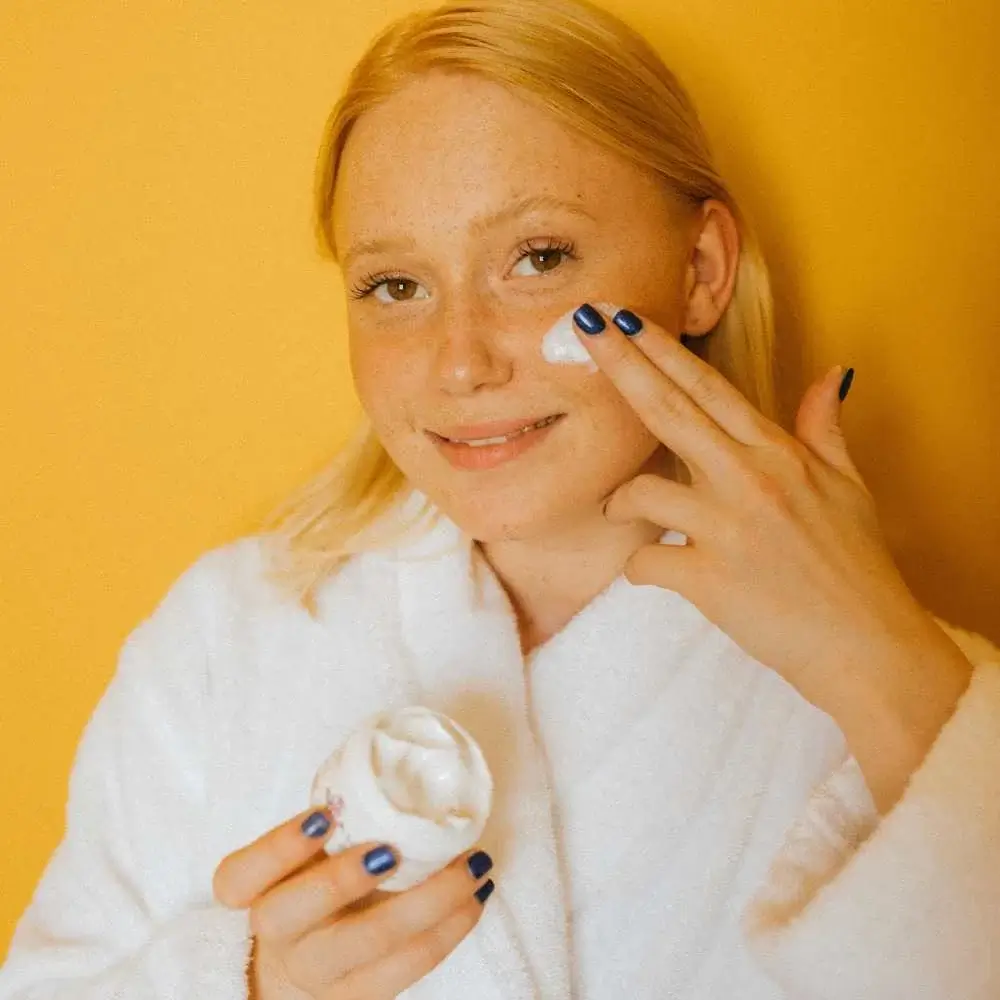
Tips for Applying Sunscreen on Acne-Prone Skin
Applying sunscreen effectively on acne-prone skin is crucial in ensuring adequate sun protection without aggravating your acne. Here are some practical tips and techniques to help you incorporate sunscreen into your skincare routine seamlessly:
- Cleanse your face thoroughly: Before applying sunscreen, make sure your face is clean and free of any dirt, oil, or makeup. Use a gentle cleanser suitable for acne-prone skin to avoid irritation.
- Apply a thin layer of moisturizer: If your skin is dry or dehydrated, apply a lightweight, oil-free, and non-comedogenic moisturizer before applying sunscreen. This will help hydrate your skin and create a smooth base for the sunscreen.
- Apply sunscreen as the last step in your morning skincare routine: After cleansing and moisturizing, apply a generous amount of sunscreen to your face and neck. Make sure to cover all exposed areas, including the hairline, ears, and under the eyes.
- Use the right amount of sunscreen: Dermatologists recommend using at least a nickel-sized amount of sunscreen for the face and neck. This ensures that you have adequate coverage and protection from the sun's harmful rays.
- Allow the sunscreen to absorb: Give the sunscreen a few minutes to absorb into your skin before applying makeup or other products. This will help prevent any pilling or interference with the sunscreen's effectiveness.
- Reapply every two hours: Sunscreen should be reapplied every two hours, or immediately after sweating or swimming, to maintain effective sun protection throughout the day. Carry a travel-sized sunscreen with you for easy reapplication when needed.
- Opt for mineral makeup with SPF: If you wear makeup, consider using mineral-based makeup products with added SPF. This can provide an extra layer of protection without clogging pores or causing breakouts.
- Don't forget your lips: Apply a lip balm with SPF to protect your lips from sun damage, as they are also prone to sunburns and skin cancer.
By following these tips and incorporating sunscreen into your daily skincare routine, you can effectively protect your acne-prone skin from sun damage without exacerbating your acne. Remember, consistent application and reapplication are key to maintaining healthy, protected skin.

In conclusion, using sunscreen is an essential component of a skincare routine, especially for those with acne-prone skin. It not only protects your skin from the harmful effects of the sun's UV rays but also helps prevent further damage and inflammation caused by sun exposure. Choosing the right sunscreen for acne-prone skin can be challenging, but our buyer's guide has provided you with valuable information to make an informed decision.
Remember to prioritize the following factors when selecting a sunscreen for acne-prone skin:
- Non-comedogenic, oil-free formulas
- Broad-spectrum protection with at least SPF 30
- The lightweight, fast-absorbing texture
- Fragrance-free and sensitive skin-friendly ingredients
- Matte finish controlling the shine
By considering these factors and debunking common sunscreen myths, you can confidently incorporate sunscreen into your daily skincare routine without worrying about aggravating your acne. Furthermore, consistent application and reapplication throughout the day will ensure that your skin remains protected and healthy.
Ultimately, the key to finding the perfect sunscreen for your acne-prone skin lies in understanding your individual preferences and needs. So, take the time to explore different options, and don't hesitate to experiment until you find the product that works best for you. Your skin will thank you for it!

Unlocking Sunscreen Mysteries: Acne-Prone Skin FAQ
How long does it take for sunscreen to become effective on acne-prone skin?
Sunscreen typically takes about 15-30 minutes to become fully effective. Apply sunscreen at least 15 minutes before sun exposure to ensure adequate protection.
Can I use sunscreen as a moisturizer for acne-prone skin?
Some sunscreens have moisturizing properties, but it's best to apply a lightweight, oil-free moisturizer before applying sunscreen for optimal hydration.
Should I use a separate sunscreen for my face and body if I have acne-prone skin?
Using a separate sunscreen specifically formulated for the face is recommended, as facial sunscreens are often lighter and more suitable for acne-prone skin.

Can I wear makeup over sunscreen on acne-prone skin?
Yes, you can wear makeup over sunscreen. Apply a thin layer of sunscreen, allow it to absorb, and then apply makeup. Consider using mineral-based makeup with added SPF.
Do I need to wear sunscreen if I have acne and stay indoors?
Yes, it's still important to wear sunscreen indoors, as UVA rays can penetrate windows and contribute to skin damage and premature aging.
Can sunscreen cause breakouts?
Some sunscreens may cause breakouts, but choosing a non-comedogenic and oil-free formula designed for sensitive or acne-prone skin will help minimize this risk.
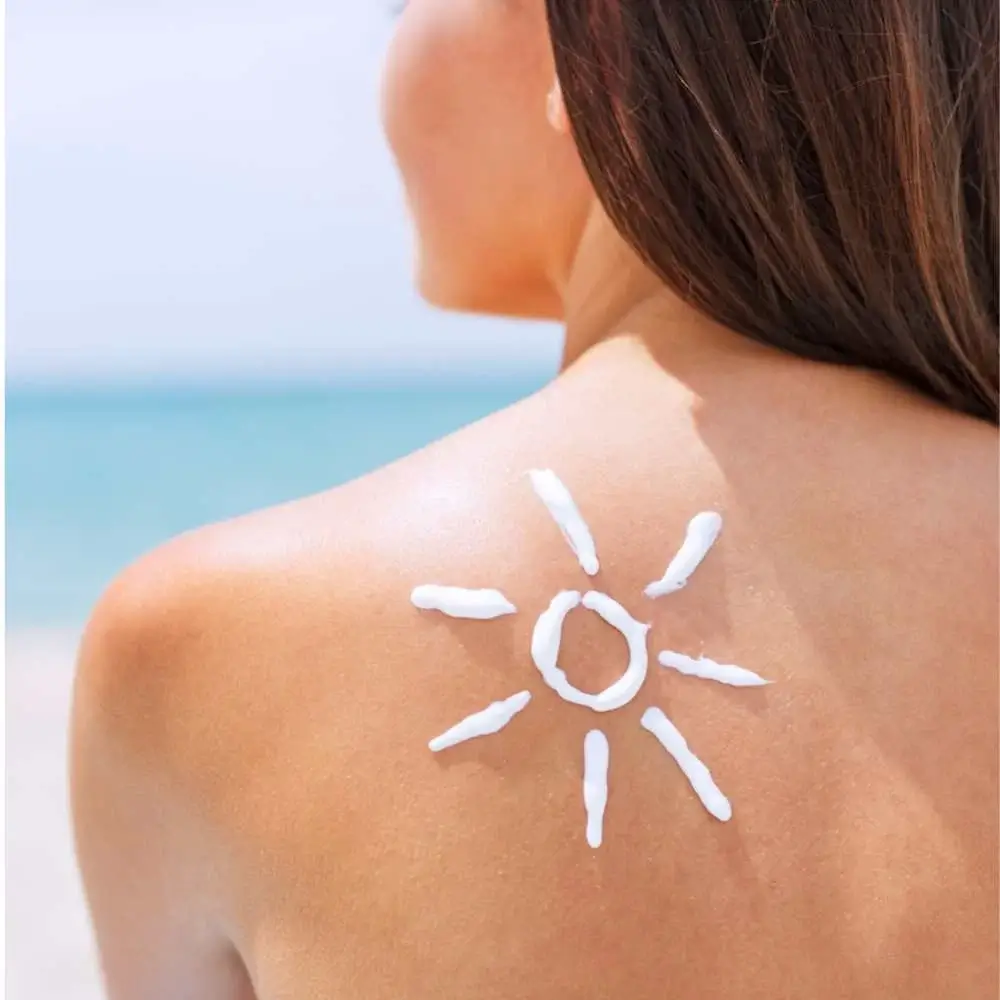
How often should I reapply sunscreen on acne-prone skin?
Reapply sunscreen every two hours, or immediately after sweating or swimming, to maintain effective sun protection throughout the day.
What is the best type of sunscreen for acne-prone skin?
The best type of sunscreen for acne-prone skin is one that is non-comedogenic, oil-free, and provides broad-spectrum protection with at least SPF 30.


